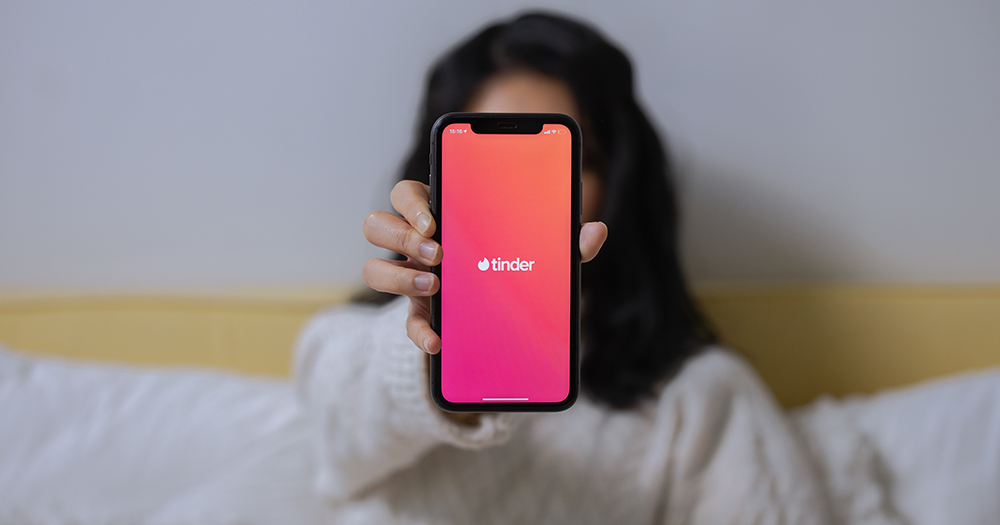A new report published by consumer watchdog Which? has claimed that Tinder is charging its young LGBTQ+ users more for its premium services compared to their straight counterparts. In an article published today, January 21, the organisation suggests that the popular dating app may be guilty of discrimination and a potential breach of UK law.
In order to conduct the study, Which? asked nearly 200 users to create real profiles on the app, and note the price being advertised to them for Tinder Plus. The subscription-based premium package includes benefits such as unlimited ‘Likes’ and ‘Rewinds’, along with the ability to ‘Undo’ certain actions.
According to the report, “The research showed some gay and lesbian users were paying more, with an average premium of more than 10 per cent (£6.74) compared to bisexual users, and more than 8 per cent (£5.28) compared to heterosexual users.
“This trend was driven by the youngest age group. Which? found that gay and lesbian people in the 18 to 29 age bracket paid £60.15 on average. This was 37 per cent more than heterosexual users aged under 30 (who paid £44.06 on average) and 30 per cent more than bisexual users under 30 (£46.09),” the report continued.
Under the UK’s Equality Act 2010, it is illegal to charge people different prices based on sexual orientation, unless there is clear justification. According to Which?, the full terms of personalised pricing are not clear on Tinder, with customers unaware that their personal data could be exploited in this way.
There were further significant findings in terms of age, with older users reportedly paying more than younger users. “Those in the 30-49 age bracket paid 48 per cent more (£24 difference) and over 50s paid 46 per cent more (£23.19 difference) on average, for a 12-month Tinder Plus subscription.”
In response to the allegations of LGBTQ+ people paying more, a spokesperson for Tinder has said: “It is categorically untrue that our pricing structure discriminates in any way by sexual orientation.”
They continued by declaring the findings “patently false and outrageous,” and stated, “The mystery shopping activity of less than 200 people by Which? is deeply flawed and the conclusions cannot be relied upon due to several factors.”
However, according to Which? the app did admit that older people have to pay more in some countries, but they claimed that it was due to “a discount for younger users”.
Findings from the report have been reported by Which? to the Equality and Human Rights Commission, and the Information Commissioner’s Office, in order to investigate if the company has breached UK law.
© 2022 GCN (Gay Community News). All rights reserved.
Support GCN
GCN is a free, vital resource for Ireland’s LGBTQ+ community since 1988.
GCN is a trading name of National LGBT Federation CLG, a registered charity - Charity Number: 20034580.
GCN relies on the generous support of the community and allies to sustain the crucial work that we do. Producing GCN is costly, and, in an industry which has been hugely impacted by rising costs, we need your support to help sustain and grow this vital resource.
Supporting GCN for as little as €1.99 per month will help us continue our work as Ireland’s free, independent LGBTQ+ media.
